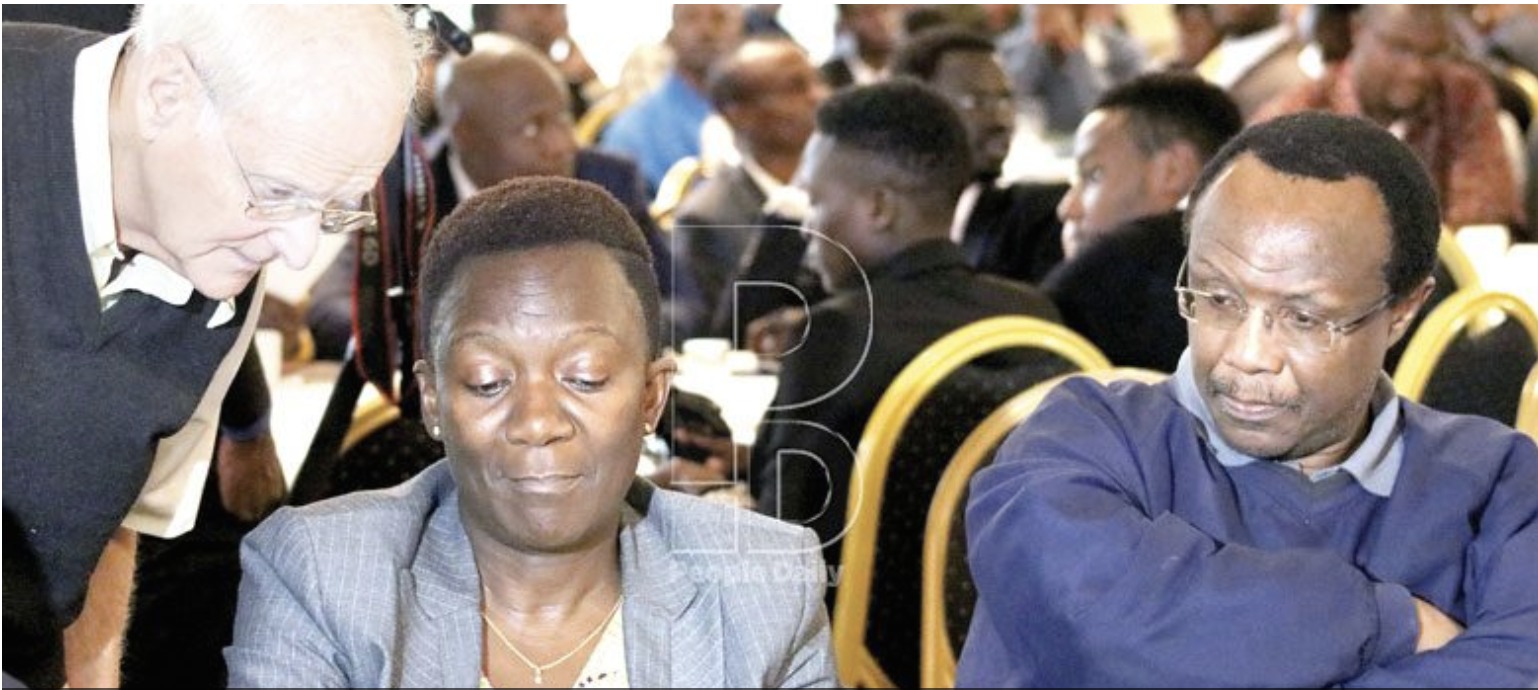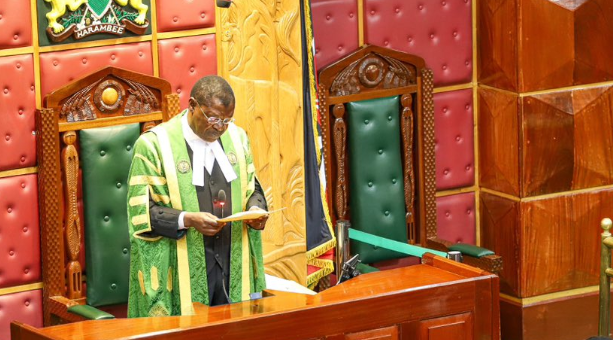Law experts protest bias in funds allocation to counties

Constitution experts have warned of deliberate efforts by the National government to stifle devolution through skewed allocation of funds to counties.
Despite economic growth, Commission on Revenue Allocation (CRA) Director of Research Lineth Oyugi said devolved units had only received marginal increases in allocations.
Speaking at a meeting organised by The Institute for Social Accountability (TISA), Oyugi highlighted that revenue allocations to counties have declined in percentage relative to the national income since 2017.
“Allocations at present do not factor in inflation, economic growth of the country and revenue growth…allocations at present use outdated audit methods,” she said.
This, she argued was contrary to Article 203(j) of Constitution which requires that allocations to counties be State and predictable.
Amend law
Oyugi further noted that the growth in national ordinary revenue did reflect in the growth in the approved allocations in the director of revenue.
In 2015/16 financial year, national revenue jumped 13 per cent while allocations swelled 15 per cent.
In the 2016/17, 2017/18, 2018/19, financial years, however, revenue growth swelled 15 per cent, 10 per cent and 21 per cent while allocations dropped 8 per cent, 8 per cent and 1 per cent respectively.
It is against this background that constitution lawyer and scholar Prof Mutakha Kangu faulted the National government for trying to kill devolution by denying it funds.
“Revenue raised nationally is not the same thing as revenue of national government…the government is not doing counties a favour,” he said.
He also called on amendments to the law to give counties more power to collect revenues.
Normally, counties are supposed to generate revenue from property rates, licences, parking fees, rent, water and sewerage fees, entertainment taxes and service.
Still, effective revenue collection has proved difficult for most county governments, with even some seeing their collections drop instead of increasing.
Kangu also accused the National Treasury of imperialism, where it ignores recommendations on equitable revenue share from CRA and the Senate.
“Treasury doesn’t treat itself as an independent body serving the National and County governments. It has, however, become like a part only of the National government,” he said.
According to a TISA report, the National government has exploited loopholes in the Constitution to go on a borrowing binge.
“National government borrowing from foreign markets has no Controller of Budget oversight; no inter-governmental conclusion to establish how such borrowing will affect counties.
The Treasury has abused its power to borrow resulting in unsustainable debt levels which are eating into county share of revenue,” read the Division of Revenue brief in part.
Recommendations
Lawyer Kamotho Waiganjo said the CRA should be given more powers to decide revenue allocations, just making recommendations like it is now.
This comes even as mediation talks over budget allocation to unlock funding to the devolved units collapsed on Monday.
Confirming the impasse, National Assembly Leader of Majority Aden Duale, told People Daily procedurally, the counties would now have to wait for six months before another Division of Revenue Bill is published to kick-start the process afresh.
He, however, said the only window of opportunity for the already cash-strapped counties for funding is for the two Speakers — National Assembly and Senate — to form another committee to restart the talks before the June 14 deadline.












